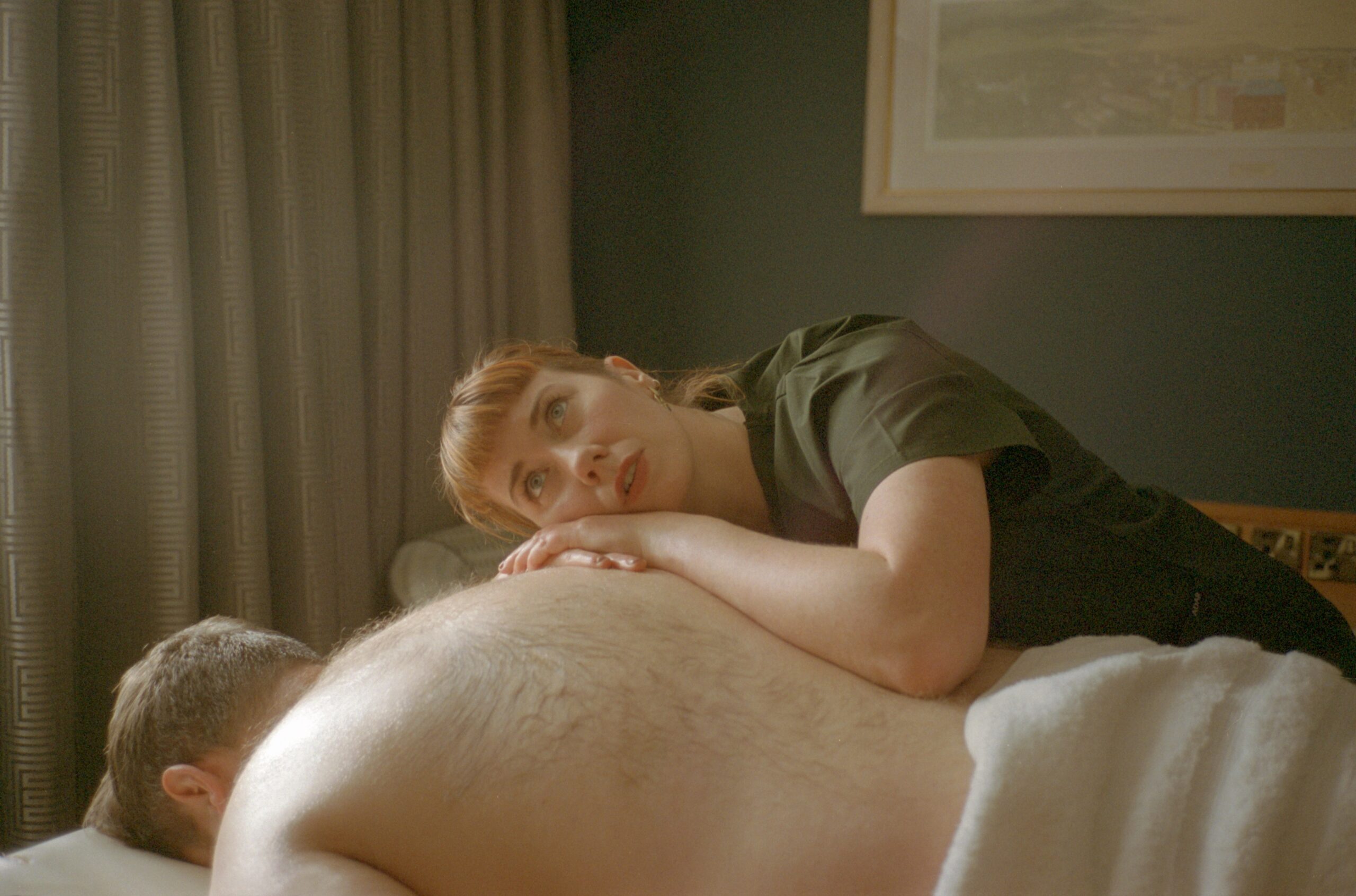

art
EVA International Limerick announce The Dock Arts Centre Leitrim partnership
EVA International Limerick announce The Dock Arts Centre Leitrim partnership. Picture of Phillip McCrilly, wet HEAT sweats without scent, 2023. Photo: Eslam Abd El Salam
EVA International in Limerick announce a partnership with The Dock Leitrim in the presentation of the 40th EVA Platform Commissions
EVA International has announced a partnership with The Dock in the presentation of the 40th EVA Platform Commissions, open to the public from 9 March to 27 April 2024.
Artists Sarah Durcan, Phillip McCrilly, Sharon Phelan, Frank Sweeney, Cliodhna Timoney, and Amna Walayat will each present projects that were originally selected by Emily Jacir and Pádraic E. Moore for EVA’s 40th edition in response to themes of ‘citizenship’.
The exhibition at The Dock extends the legacy of these commissioned projects, connecting the work to new audiences while allowing ideas and themes of citizenship to resonate within the border context of Leitrim.
The Invisibles by Sarah Durcan focuses on Ella Young, a revolutionary Irish activist and mystic who emigrated to California in 1925, forging her own spiritual citizenship. Young was a poet and writer, involved with Cumann na mBan, who was also a Theosophist and pagan believer in the power of trees, mountains, and an otherworld of supernatural forces. Young’s trajectory from a radical nationalist to a self-proclaimed druidess in a liberated West Coast artistic scene provides a counter narrative to the conservative and misogynistic Irish Free State that emerged after 1922.
wet HEAT sweats without scent by Phillip McCrilly began as an extended research project, aiming to historically renegotiate the queer body within a contemporary revision of conflict in the North, but over time became a more reflective and cathartic attempt by the artist in coming to terms with his own troubles-related trauma from his childhood. Taking the shape of a scripted one-on-one massage treatment (made in collaboration with and performed by Janie Doherty), the work maps a history of intimacy and vulnerability against the backdrop of sectarian conflict, whilst speculating on potential forms of promiscuous care in the aftermath of The Troubles.
Citizen’s United: A Speech Act by Sharon Phelan proposes a sonic fiction that reads across artificial entities, synthetic voices and communicative capitalism. By exploring ways in which speech has become distinct from the individual, and language, listening and being-together has been co-opted for capitalist modes of production, the work draws on research into the politics of citizenship and its contingent, (sonic) traces.
Few Can See by Frank Sweeney examines the legacy of broadcast censorship of the conflict in the north of Ireland and political movements during this era. The project attempts to recreate material absent from state archives due to censorship, based on contemporary oral history interviews with people censored during this time period. Within a late 80s current affairs television format, actors verbatim re-enact edited transcripts from 18 oral history interviews, later dubbing their own performances. This technique is inspired by the use of actors to dub the voices of censored people during the conflict.
Cliodhna Timoney’s Platform Commission explored the notion of the dancefloor as a stage for shelter, resistance and escapism, while reflecting on both historical and culturally significant dancefloors of Ireland as spaces of collective imagining. The work focuses primarily on rural and regional contexts, and examine people’s determination to journey in search of kinship. It aims to unearth our relationship to dance, desire, collective memory and how it contests, connects or interrelates across generations. In researching the work, the artist visited archives and places of interest such as The Rainbow Ballroom of Romance in Glenfarne, County Leitrim.
Amna Walayat presents A Flight of Two Half Birds, performative self-portraits through Indo-Persian miniature techniques, which are combined with questions of identity, estrangement, and loss. The series explores mourning and the sense of self and home, reflecting on the human experience of displacement. The artist expresses the duality of cultural experiences of ‘home’ and ‘new home’. She aims to consider a search for Utopia through a process of self-exploration and reflects on the challenges that she face in an in-between space.
Find out more about EVA International
Read more stories about culture














